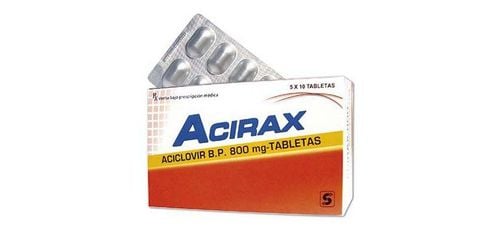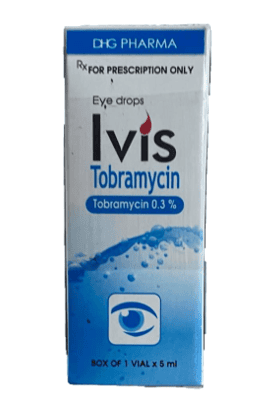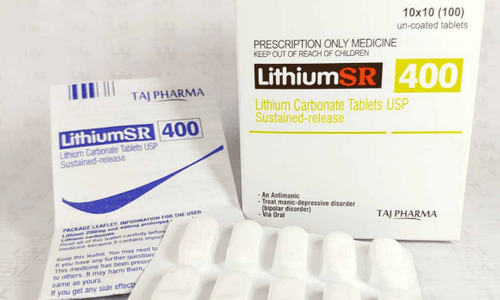This is an automatically translated article.
Shingles is a disease caused by the same virus that causes chickenpox called Varicella. Shingles is not dangerous for the patient, but if not treated promptly, it can lead to many complications.
1. What is shingles?
Shingles nerve is also known as shingles, the English name is shingles, also known in folklore as "shingles". Shingles is a skin infection caused by the Varicella zoster virus (VZV) - the virus that causes chickenpox, a member of the herpes virus family. After a person has recovered from chickenpox, there is still some Varicella virus remaining in a latent state but not causing disease. These viruses reside in the ganglia for months or years. When there are favorable conditions such as: immunodeficiency, mental trauma or physical weakness... this virus will reactivate. They multiply and grow and spread to the sensory nerve endings, damaging the mucous membranes and skin, thereby causing shingles. That is the reason that shingles is a skin disease but has root damage in the nerves.
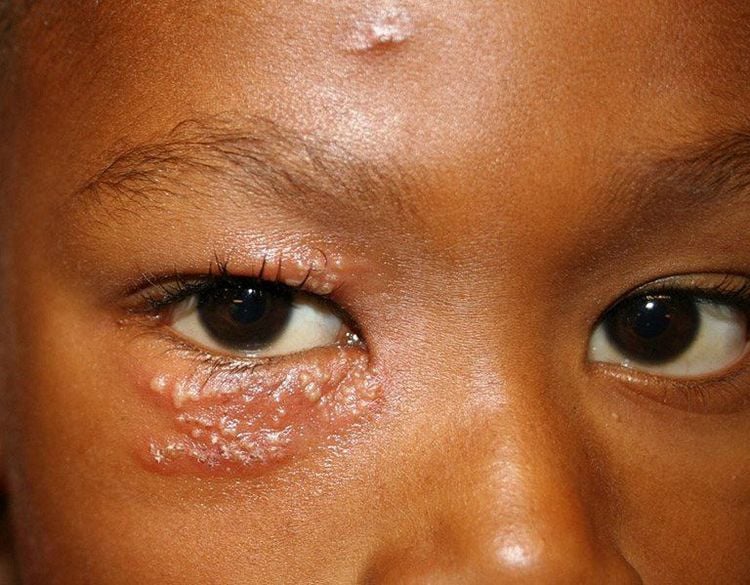
Zona thần kinh có thể dẫn đến nhiều biến chứng
2. Signs and symptoms of people with shingles.
When infected with shingles virus, the patient has a fever of 38-39 degrees Celsius, body aches, headache, fatigue, yellow urine,...
The patient's skin is red, painful, and gradually formed clusters of small vesicles, vesicles concentrated in clusters, along the distribution of peripheral nerves. At first, the blisters are tight, the fluid is clear, then the color turns cloudy, turns pus, after a few days these blisters break, form scabs and then gradually peel off, leaving many white spots on the skin like ringworm. The patient feels itchy, burning pain, dull, needle-like pain, jerking jerks in the infected skin area. The patient complains of hearing loss in the ear along with the affected ear. In addition to the above symptoms, the patient also feels headache, dizziness, discomfort, staggered gait, fear of light, and sweating disorder.
3. Is shingles contagious?
People with shingles cannot spread the disease directly to others. When coming into direct contact with the blisters on the body of a person with shingles, the contact person is likely to be infected with the varicella-zoster virus (the cause of the disease). If you are infected with the virus and have not had chickenpox before or have not had the chickenpox vaccine, you are at risk of developing chickenpox. After chickenpox heals, you can get shingles.
Shingles is an infectious disease that can easily spread in families and areas in the summer, rainy season, when the weather changes seasons due to contact or living with infected people. The disease can clear up on its own within 2 to 3 weeks and can be easily transmitted from person to person.
People who have been vaccinated against shingles or chickenpox can still get the disease when the immune system is not stable due to being with someone who has shingles, having common contact such as sharing towels, towels with other people. sick. When the blisters caused by shingles have dried and scabbed, the disease is no longer contagious. In addition, shingles can be transmitted from an infected person to children or adults who have not previously had chickenpox, who have had chickenpox who will not get shingles from others.
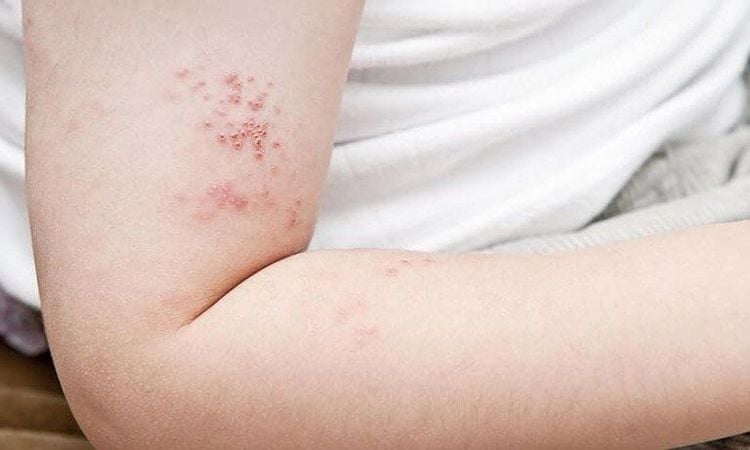
Bệnh zona thần kinh là một bệnh truyền nhiễm, có thể lây lan
4. How to diagnose shingles?
Clinical examination found small lymph nodes in front or behind the patient's ear. The skin of the outer ear canal is thick, red, with many blisters at different stages, some have broken, some have scarred, some are containing yellow fluid. If the patient rubs a lot into this area, the blisters will become infected, causing superinfection, which can cause diffuse inflammation of the outer ear canal, ear cartilage inflammation... The eardrum is red and swollen. Audiometry with poor receptivity. Blood tests are not very valuable, only a small decrease in white blood cells is found. Immunofluorescence testing for viruses is also suggestive. Diagnosis is mainly based on the course and clinical symptoms are pain and blisters located in the area of the nerves, one side.
5. Treatment of shingles
When patients infected with shingles virus are usually prescribed to use antiviral drugs (acyclovir) or use zovirax, the dose varies according to age. In case of bacterial superinfection, it is necessary to use antibiotics, antibiotics for anti-infection, anti-inflammatory, anti-edema... If accompanied by facial paralysis, it is necessary to use specialized drugs and use vitamins B1, B6, High dose B12 orally or by injection. With shingles, in cases of severe pain, prolonged and causing insomnia, it is necessary to use sedatives and strong pain relievers. These drugs must be prescribed by a doctor, patients are not allowed to buy and use them on their own. Immune-boosting drugs are also being applied in combination therapy. Local treatment: apply anti-inflammatory and anti-viral ointments such as zovirax ointment to the area with blisters to relieve pain, anti-inflammatory, anti-scarring, and anti-infection of blisters.
6. Shingles Prevention Measures
When you have shingles, to avoid spreading the disease to a large area and infecting others, the patient should note:
Absolutely do not scratch, rub and let soap and dirty water come into contact with the infected skin. sick. This will cause the blisters to burst and pose a very high risk of infection. Keep the shingles area clean, wash the wound with dilute salt water to disinfect or with a special wash prescribed by the doctor. Wash your hands often, properly, especially before and after caring for the damaged skin, wear comfortable clothes, not tight on the damaged skin. Absolutely do not contact pregnant women, children, premature or low birth weight infants, immunocompromised people, people who have never had chickenpox, shingles during or have not been vaccinated against chickenpox until healed. sick. Only use drugs that have been approved by the doctor, do not self-medicate. Although shingles are not dangerous diseases, their complications cause a lot of trouble for patients, especially causing shingles or corneal ulcers, causing blindness. When you have shingles, you should not be too worried, you need to be determined and persistent in treatment to get rid of the disease quickly. The best prevention is to get the chickenpox vaccine so that your child does not get the disease and in the future avoids getting shingles.
If you have unusual symptoms, you should be examined and consulted with a specialist.
Please dial HOTLINE for more information or register for an appointment HERE. Download MyVinmec app to make appointments faster and to manage your bookings easily.




